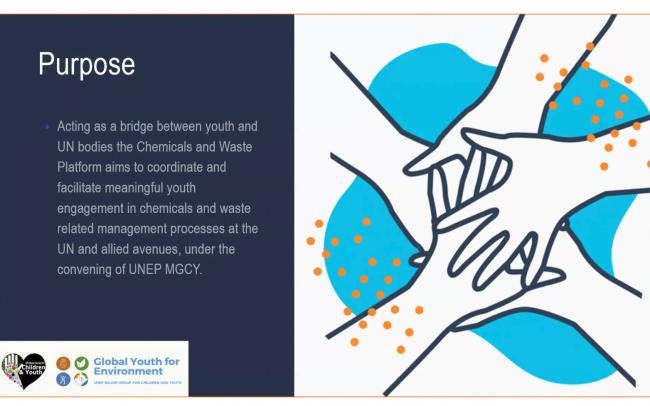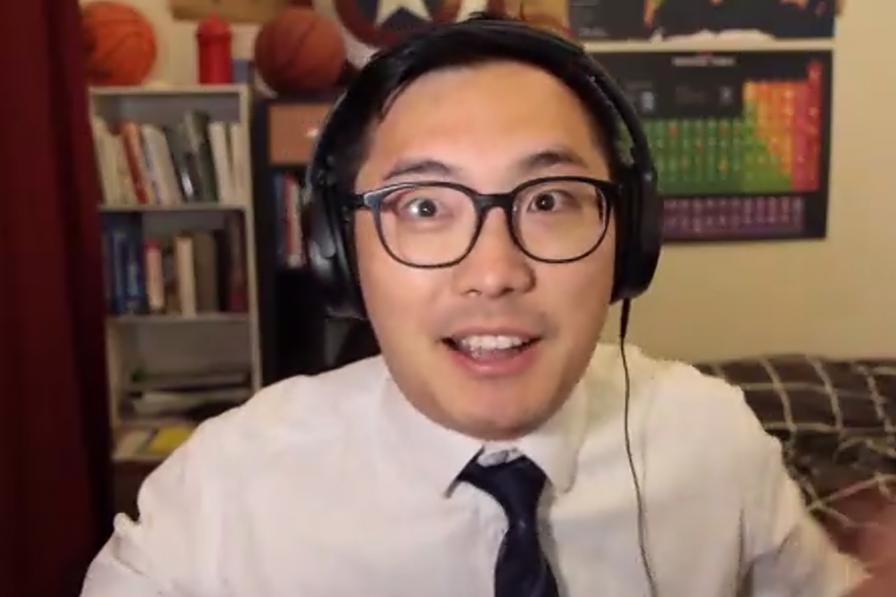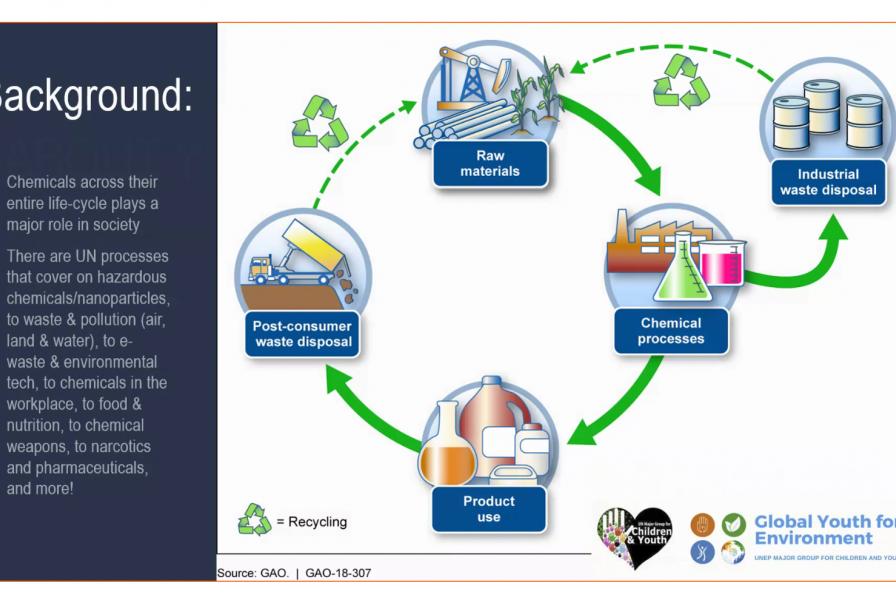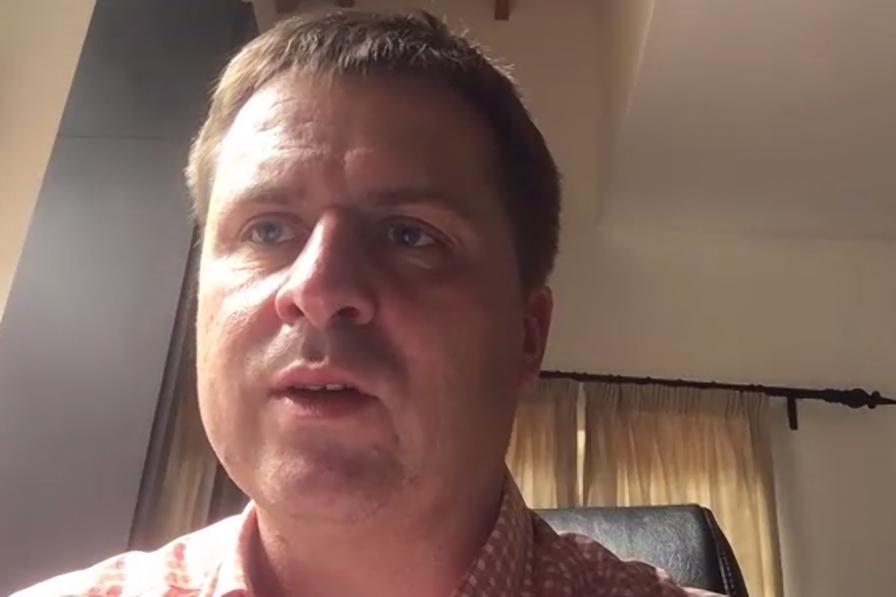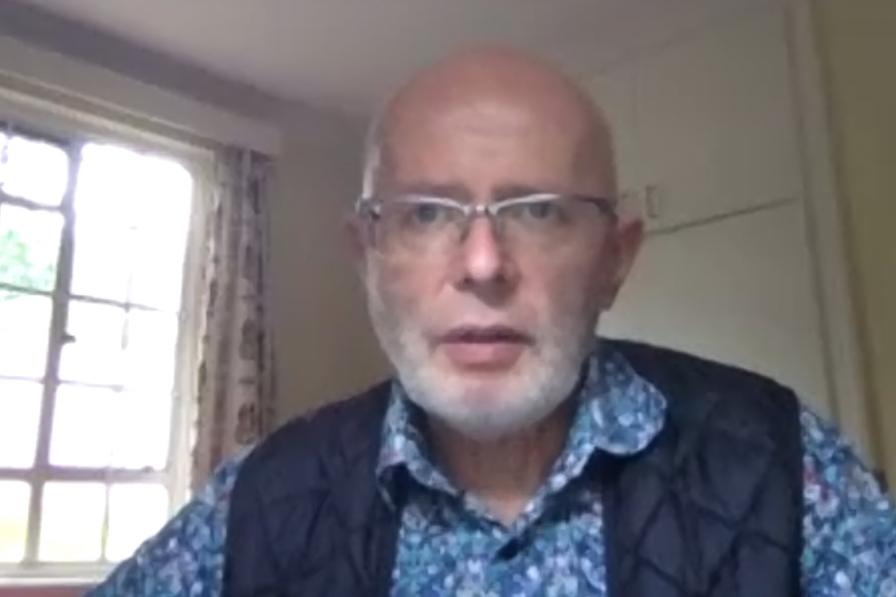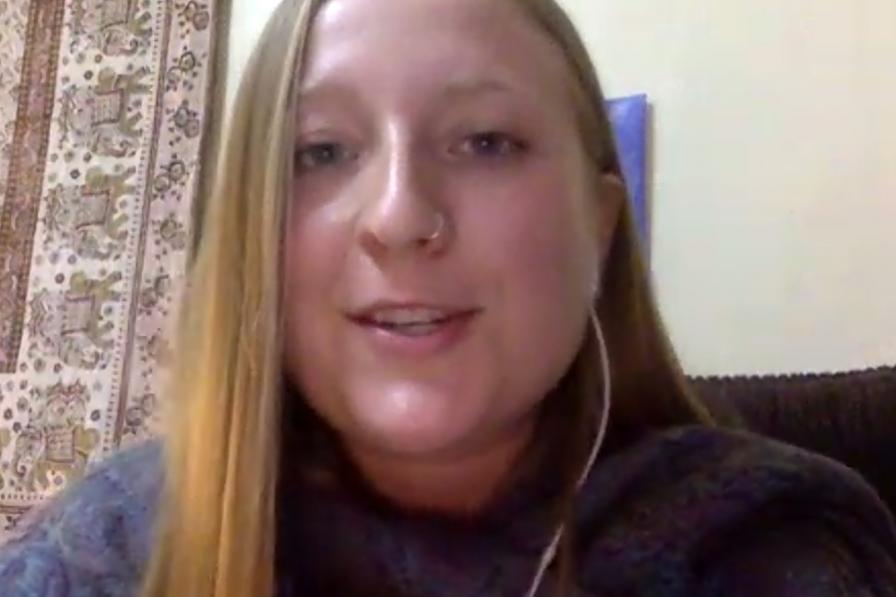On day two of the Youth Environment Assembly, attention turned to substantive issues. Throughout the day, hundreds of young people from around the world actively participated in polls, consultations, and question-and-answer sessions.
The day started out with discussions on chemicals and wastes. Dickson Ho, Major Group for Children and Youth (MGCY) Steering Committee, announced the Chemicals and Wastes Platform that will be officially launched at the Assembly on 18 February. He said that it will help youth to engage in UN bodies and build capacity to act on chemicals and wastes.
Participants called for a future with equity and justice at the center of chemicals and wastes management. They highlighted the health and environmental impacts of e-waste dumping and pesticide overuse. Youth envisioned a world with breathable air, drinkable water, clean rivers and waters, and reduced respiratory diseases.
Discussing the Science-Policy-Business Nexus, Gyubin Hwang, MGCY Steering Committee, characterized the world’s 1.2 billion youth as “the most scientifically literate and most environmentally aware generation in history.” Youth participants called for implementation and action, and for policymakers to listen to the science. They also called for listening to diverse communities and their knowledge systems.
Youth again posed a wide range of questions to negotiators, from forest management to a just transition, especially away from coal. Youth delegates coined the term “youthwashing” to describe shallow consultations by global institutions with youth. Ambassador Marek Rohr-Garztecki, Permanent Representative to UNEP, Poland, said youth are a moral voice that can lead the world in the right direction. Many participants welcomed the frank and open exchange. Sebastian Gil, Deputy Permanent Representative to UNEP, EU, called for UNEA to signal that it’s time to get multilateralism started again, and urged youth to make their voice heard.
In parallel breakout sessions, youth shared the mental health effects of climate change that they have experienced during a global consultation on the World Youth Report, which will be published in 2022. Others discussed environmental education. They said quality environmental education is inclusive, accessible, holistic, and empathetic. It works with communities and contributes to action. Climate change, climate justice, biodiversity, and pollution were the top priorities identified for education.
Participants pivoted to the challenges of nature loss, food security, and health. Ryan Kassem, MGCY Steering Committee, highlighted ways that youth can get involved, including the Food Systems Summit, UNEP Generation Restoration, and the upcoming UN conferences on climate change and biodiversity. Omnia El-Omrani, International Federation of Medical Students Association, outlined many of the direct and indirect effects that pollution, climate change, and biodiversity loss have on human health. She stressed that health is a powerful argument for action on the environment, especially in the context of post-COVID recovery.
